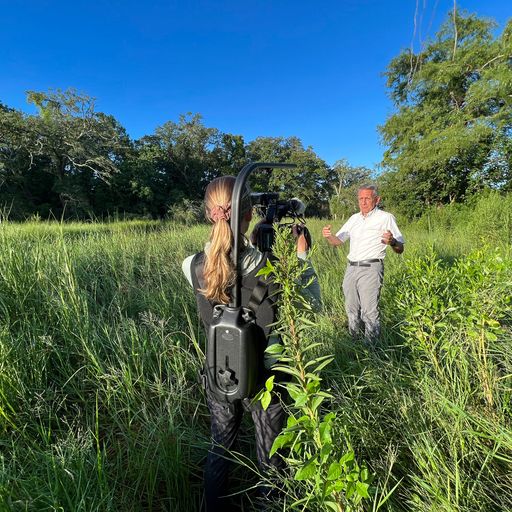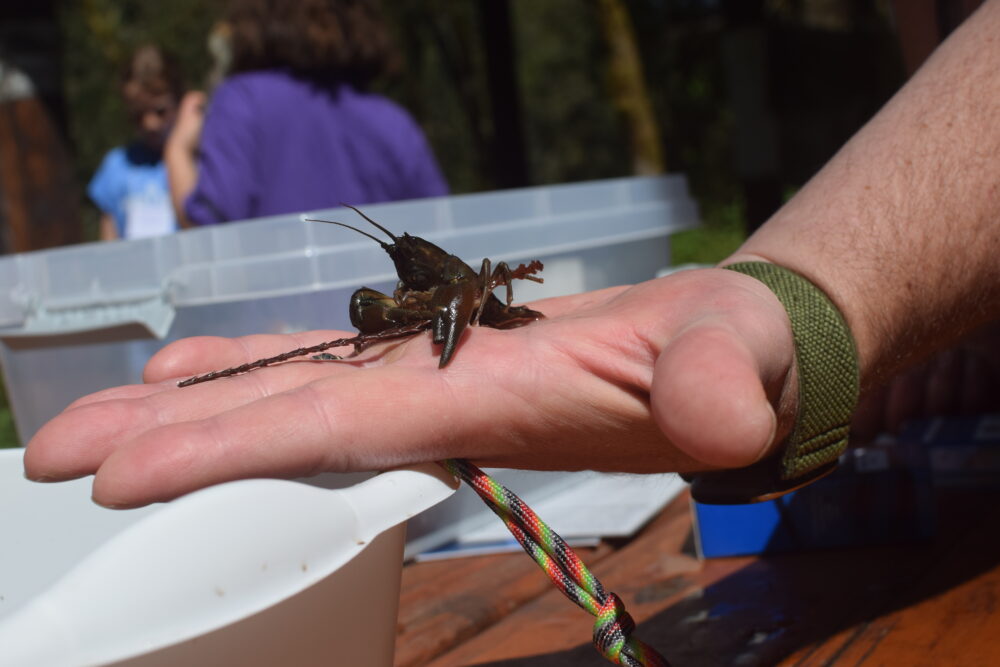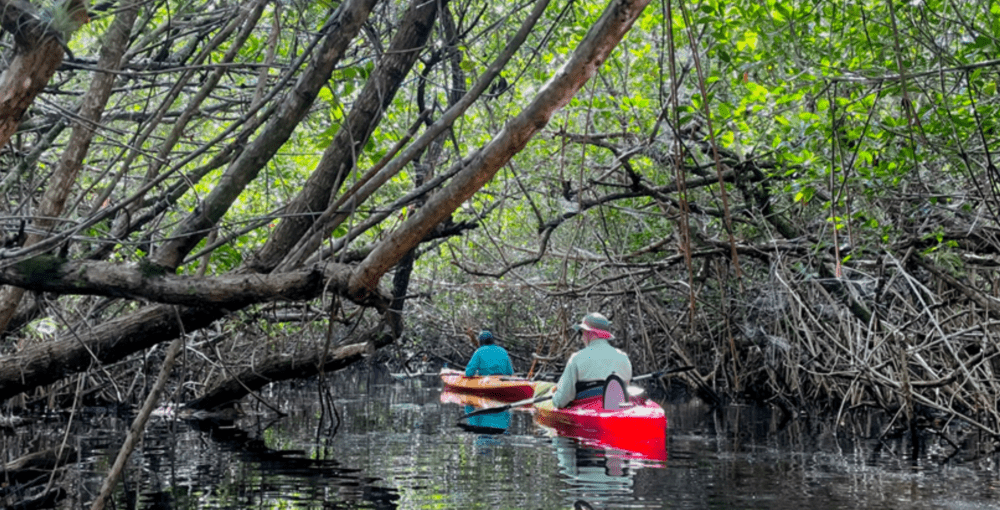We have much more to do and your continued support is needed now more than ever.
An Ounce of Prevention: Conserving Water Resources on Campus
Most universities that are developing climate teams and renewable energy task forces are doing so in the name of prevention: preventing future over-dependence on fossil fuel reserves, creating their own power/heating sources to prevent blackouts, reusing as much waste material as possible to reduce the future need for landfills, etc.
However, some campuses are finding that prevention is a pipe dream when you are in desperate need of a cure. I’m referring, of course, to the need for water, which is already straining some campus budgets and local water sources. Built like miniature cities, universities and colleges require an immense amount of water for dorms, cafeterias, buildings, landscaping and research. Even off-campus, the need for housing, retail and transportation for students and staff means that city centers grow around the university and further increase demands on local water plants. As campuses grow to provide better education for more students, the situation can become precarious, particularly when weather changes.
Recent drought in areas like the Carolinas and Georgia is forcing water conservation changes in a hurry. The University of Georgia enacted a wide range of measures last year to combat the water shortage, such as low-flow plumbing, eliminating automatic flush mechanisms, consolidating and hand-watering greenhouse plants, and recirculating cooling water. Between July and September of 2007, UGA’s estimated savings was about 16.5 million gallons.
UGA’s example is a good one; while most measures were enacted in an emergency drought situation, some were previous policy that made the campus more water-efficient year-round. Here are a few suggestions for you and your campus, whether or not you are facing a water shortage.
What you can do:
Shorten your showers by 5 minutes or so, and turn off the faucet while brushing your teeth and washing your face. It’s also important to talk to your administrators about water usage on campus. Taking a Navy-style shower is all well and good, but if no one else will, your impact is negligible. So talk to your fellow students and coworkers about taking shorter showers as well, and tell the university that you are doing so out of concern for a natural resource that you want to keep clean and abundant. Many colleges think of their students as consumers, and you should use that to your advantage. Faculty and staffers can volunteer their time to help the university run water audits and campaigns.
What your campus can do:
Do a detailed audit of the water usage on your campus. Are the landscaping plants native to your area (and therefore less likely to need large amounts of water)? Could low-flow/aerated plumbing fixtures be installed? Where does your waste water go, and could any of it be reused, perhaps in the aforementioned landscaping? Where can water usage be reduced without compromising quality of life or efficient operating procedures?
Talk to your local water plants to find out if your water sources are sustainable. How is the water cleaned and processed, and how much is lost? Ask if they are involved in the Water Utility Climate Alliance, which is researching the effect of climate change on American water supplies.




















